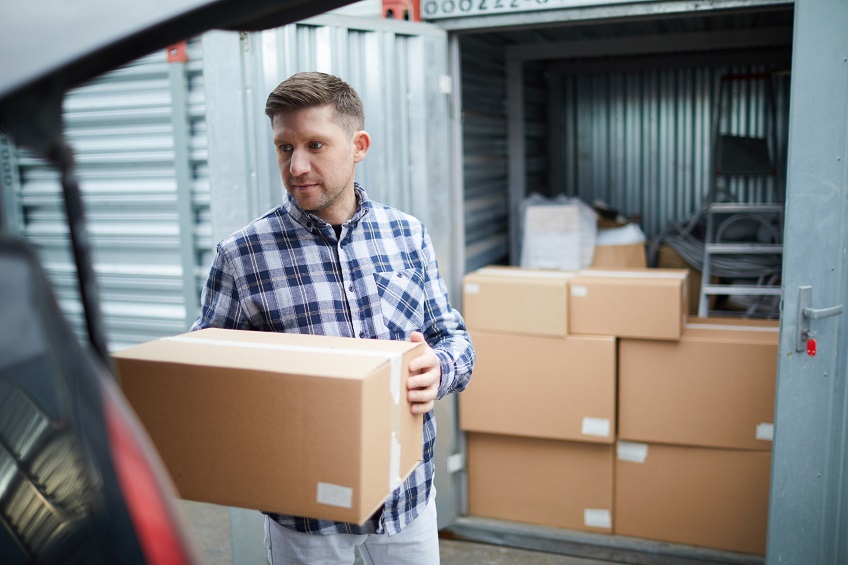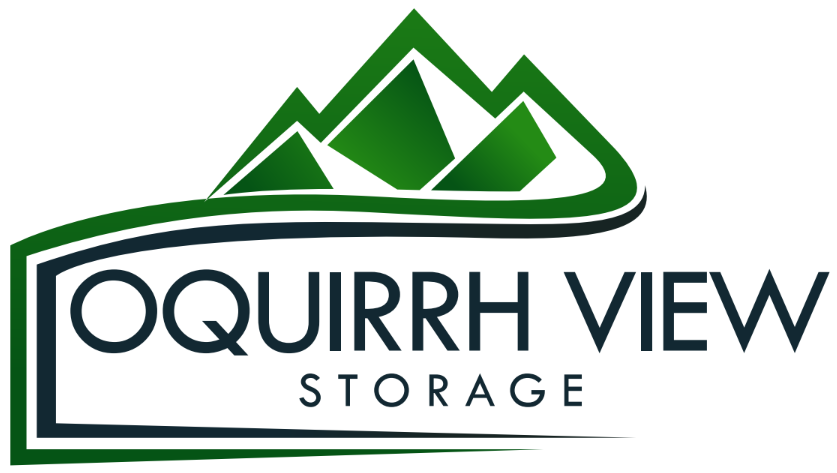
While spring cleaning may receive the most attention, winter is a great time to organize and get rid of clutter. Many of us spend more time indoors as the weather gets cooler, which is a perfect opportunity to organize all of our belongings. An organizing tool that can be useful is a storage unit. Out of sight, out of mind truly does work sometimes, but make sure you dispose of anything carefully and efficiently before doing so. The following are five suggestions for winter storage:
Handle Electronics and Liquids with Extra Care: Batteries and electronics shouldn't be thrown into a box and left on the floor of a building. For information on how to keep any electronic equipment or item that requires batteries, consult the manual. Since electronics can quickly lose heat, they should never, at the very least, be left on the ground. Liquid-containing items must also be inspected. Before putting something in a storage facility, it should be handled carefully as it may freeze. Avoid being caught in an item that has a frozen liquid within that cracks or bursts.
Tools and Equipment: Lawnmowers and other yard equipment work well for storage containers, but they must be prepared beforehand in order for them to be kept on a storage site. After removing any gas, wash them well, and put them in the unit until they are totally dry. You can keep shovels, rakes, and hoes, just be sure they're securely kept to prevent them from falling on other objects or breaking other parts of the unit.
Choosing to Store Summer Belongings: Your seasonal clothing is a terrific item to store if you're a style enthusiast but lack the closet space. Make sure to just take over clean, covered clothes that are off the unit's floor. Another excellent item to save for the winter is lawn decorations. Move these things off-site to make room in the shed or the yard. A safe and secure container will be beneficial for recreational equipment that won't be utilized over the winter. Store these items that are suitable for mild weather somewhere else to free up garage space for the months you actually want to park inside.
Clean and Cover Items: Everything you bring inside a unit should be thoroughly cleaned before being covered, if necessary. Not only can unclean goods draw in bugs and mold, but they can also sustain damage from the dirt over time. Cover your belongings properly with wool or cotton once they have been washed. Use of coverings like plastic that retain moisture should be avoided. For particularly fragile products, newspapers can also be a good idea, or you can order packing peanuts.
Safeguard Sensitive Items: Some things could need more consideration if they are particularly special to you or if they are cold-sensitive. By placing the more delicate items in the center and the more robust items closer to the exterior walls, you can create an artificial wall inside the unit. Take care of what you put on the floor and check the stability of the shelves for the remaining goods.
